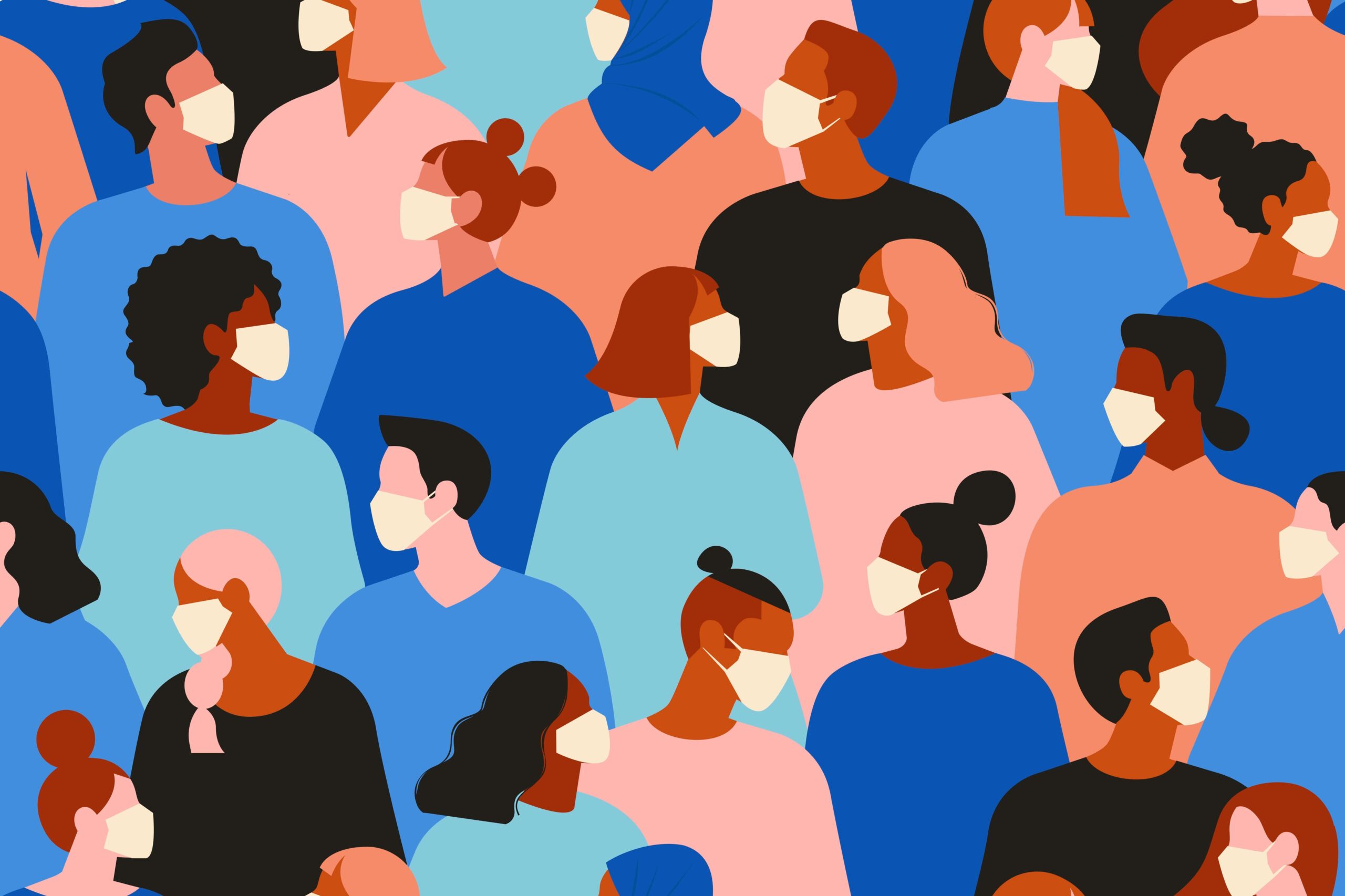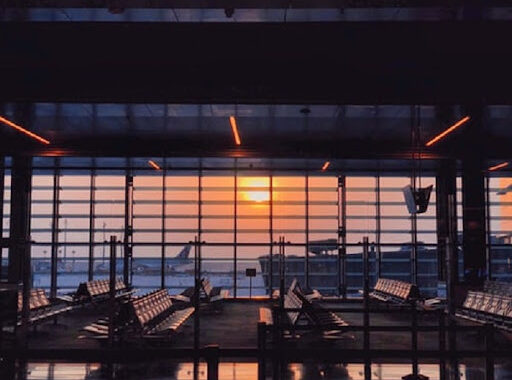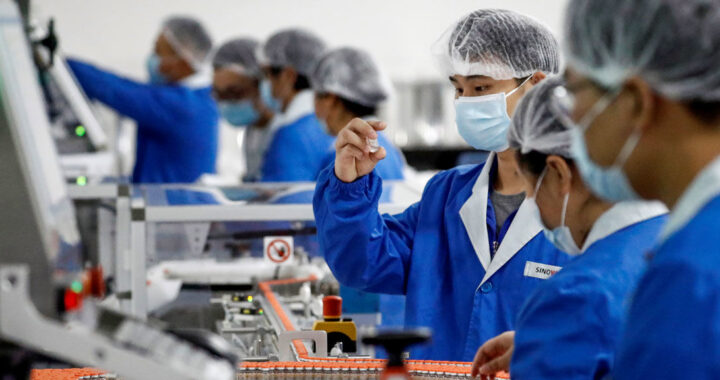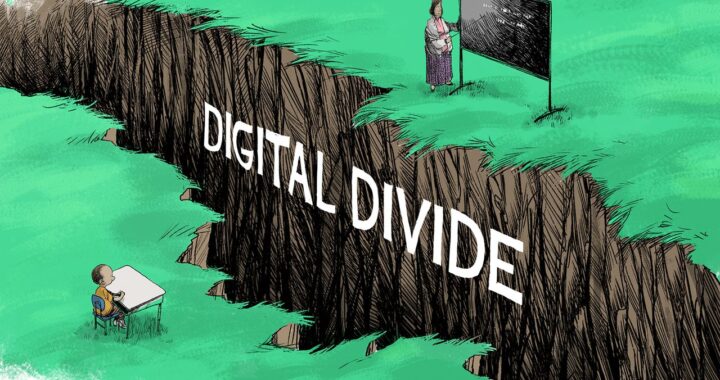
Global Health Diplomacy: A Call for Global Solidarity
The nearly two-year long pandemic has taught the world a myriad of things. From a global health perspective, one critical fact has been highlighted: the virus transcends national borders. With the world becoming increasingly globalised and interconnected, experts predict that it is only a matter of time before the next global health crisis emerges. How then, can world leaders and international stakeholders step up to the rising challenges surrounding global health to secure the health of nations?









